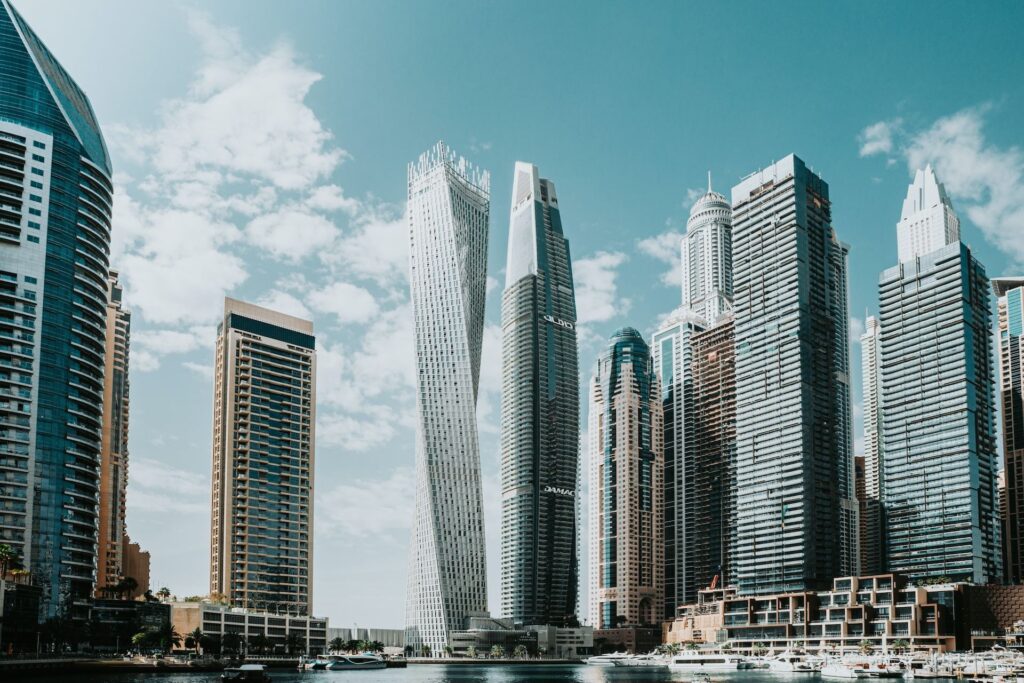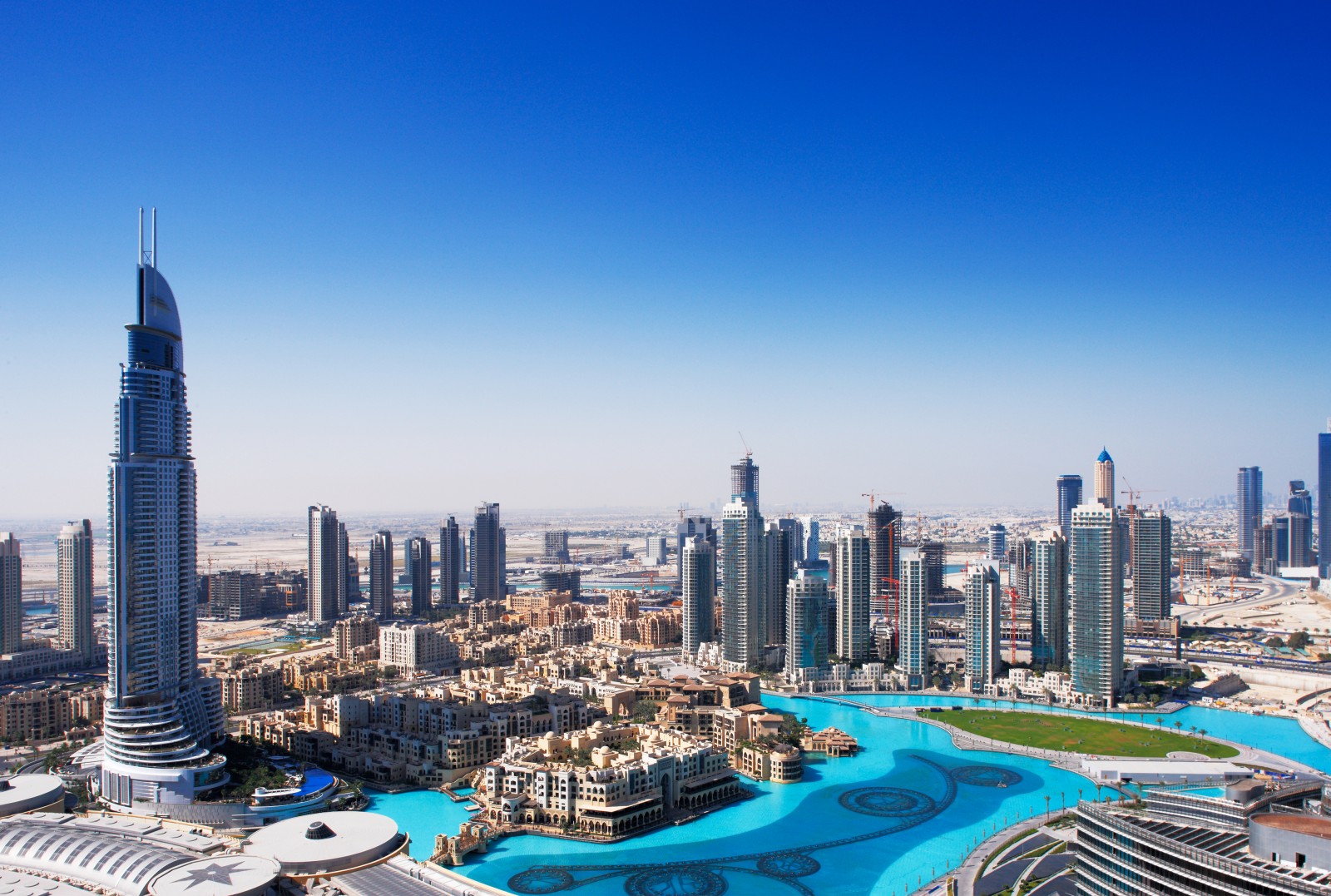Introduction: Why Dubai Is on Every Entrepreneur’s Radar
Dubai has rapidly become one of the world’s most attractive destinations for entrepreneurs, investors, and high-net-worth professionals. Its reputation is built on a combination of modern infrastructure, global connectivity, and, perhaps most importantly, its favorable tax environment. Unlike many countries in Europe, North America, or Asia, the United Arab Emirates does not impose personal income tax, capital gains tax, or inheritance tax. For many people, this alone is a compelling reason to consider relocation.
However, moving to Dubai purely for tax reasons is not as simple as buying a plane ticket and showing up. The UAE’s legal framework is structured, and there are rules about residency, company formation, and tax compliance that must be followed carefully. Failing to meet these requirements could result in ongoing taxation in your home country, legal complications, or missed opportunities.
This guide is designed to provide a clear, step-by-step roadmap for entrepreneurs and professionals who want to relocate to Dubai and enjoy the tax benefits legally and efficiently.
Understanding Dubai’s Tax Advantages
Dubai’s tax system is straightforward and transparent. Here are the key elements that make it a global hub for business and wealth:
- Personal Income Tax – Dubai imposes 0% tax on salaries, wages, and self-employment income. This is a stark contrast to countries like the UK (up to 45%), Canada (up to 33%), and Germany (up to 42%). For entrepreneurs and freelancers, this creates a significant opportunity to retain more income and reinvest it in their businesses.
- Corporate Tax – The UAE introduced a 9% corporate tax on profits exceeding AED 375,000, which is still significantly lower than corporate rates in most other countries. Small businesses and startups operating below this threshold continue to enjoy a tax-free environment.
- No Capital Gains or Inheritance Tax – Investors in Dubai can sell shares, properties, and other assets without paying capital gains tax. Similarly, inheritance planning is straightforward, making Dubai a preferred location for wealth preservation.
- Regulated Financial Ecosystem – Dubai is not a “tax haven” in the illicit sense. The UAE has strong banking and regulatory systems, ensuring transparent and legal financial management for individuals and businesses.
These benefits make Dubai an attractive destination for anyone seeking to maximize earnings, retain wealth, and operate a global business efficiently.

Tax Residency vs. Mere Presence
Relocating to Dubai does not automatically make you a tax resident. There is a critical distinction between physically living in Dubai and being recognized as a tax resident for legal and financial purposes.
How Tax Residency Works in Dubai
To become a tax resident:
- You must hold a valid UAE residence visa.
- You must spend at least 183 days per year in the country (this is the standard for residency).
- For proof to foreign tax authorities, you may also obtain a Tax Residency Certificate (TRC) from the UAE government, confirming your residency status.
Failing to establish proper residency can lead to double taxation, where your home country continues to claim tax obligations on your global income.
Cutting Ties With Your Home Country
It is not enough to simply live in Dubai. To fully benefit from the UAE’s tax advantages, you need to reduce or eliminate your financial and legal ties with your home country. Examples include:
- Selling or renting out primary residences.
- Closing local bank accounts or transferring funds to UAE accounts.
- Moving immediate family members with you.
- Not maintaining excessive property, business, or financial interests in your home country.
Taking these steps helps prevent scrutiny from your home country’s tax authorities and ensures your tax residency in Dubai is respected.
Setting Up Your Business in Dubai
For many entrepreneurs, relocating to Dubai involves establishing a company, which can also secure a residence visa. Dubai offers multiple options depending on your business goals:
Free Zone vs. Mainland
- Free Zone Companies – Ideal for freelancers, digital businesses, and export-oriented companies. Benefits include:
- 100% foreign ownership.
- Simplified licensing procedures.
- Low setup costs (roughly $8,000–$12,000 annually for one license and one visa).
- Exemption from corporate taxes up to the AED 375,000 profit threshold.
- Mainland Companies – Suitable for businesses targeting the UAE market directly. Benefits include:
- Ability to operate anywhere in the UAE.
- Access to local government contracts.
- Flexible office and employment requirements.
Choosing the right business type is crucial, as it affects your tax residency, licensing requirements, and long-term operational flexibility.
Step-by-Step Company Formation
- Choose the Business Activity – Dubai offers thousands of permitted business activities. Ensure your activity aligns with your objectives.
- Select a License Type – Commercial, professional, industrial, or service license.
- Register Your Company Name – Must comply with UAE regulations and not violate trademarks.
- Submit Required Documents – Passport copies, visa status, proof of address, and business plan.
- Open a Business Bank Account – Multi-currency accounts are recommended for international clients.
- Obtain Visa(s) – The company license allows you to sponsor residency visas for yourself, employees, and family members.
With proper guidance, company formation in Dubai can take as little as one to three weeks, depending on the jurisdiction and type of license.

Banking in Dubai
Opening bank accounts in Dubai is a critical step in establishing both residency and a business presence.
Personal and Business Accounts
- Business Accounts – Facilitate global transactions, payroll management, and corporate compliance.
- Personal Accounts – Essential for managing day-to-day living expenses and proving financial presence for residency purposes.
Top Banks
- Emirates NBD – Large, reliable, full-service banking.
- Mashreq Bank – Offers multi-currency accounts and flexible business solutions.
- ADCB – Strong corporate and international services.
- Wio Bank – Emerging digital-first banking option.
International Payments
Dubai banks allow seamless transfers in USD, EUR, GBP, AED, and other currencies. Entrepreneurs from India, Europe, and North America can receive payments via Stripe, Payoneer, or PayPal. UPI payments from Indian clients can also be routed through approved gateways, making it easier to manage international income streams.
Cost of Living vs. Tax Savings
While Dubai is often perceived as expensive, the tax savings far outweigh the cost of living for most high-income earners.
Monthly Expenses
- Rent: AED 5,000–15,000 (1–2 bedroom apartment in a good area).
- Utilities & Internet: AED 800–1,500.
- Food & Groceries: AED 2,000–3,500.
- Health Insurance: AED 1,500–5,000 depending on coverage.
- Transportation: AED 500–1,500 or higher if using private car services.
Example: Tax Savings Comparison
- UK Income $150,000 → Taxes ~$55,000/year.
- Dubai Income $150,000 → Taxes $0/year.
- Even after covering $50,000–$60,000 living expenses in Dubai, net savings remain substantial.
For high-net-worth professionals and entrepreneurs, these savings are often life-changing.

Common Mistakes to Avoid
Relocating to Dubai without proper planning can lead to legal and financial challenges. Common mistakes include:
- Keeping Ties in Your Home Country – Owning property, businesses, or bank accounts can trigger tax obligations.
- Working on a Tourist Visa – Not legal. Always obtain the correct business or employment visa.
- Failing to Get a Tax Residency Certificate (TRC) – Your home country may still claim taxes without proof of UAE residency.
- Choosing Cheap or Unreliable Setup Agencies – Hidden fees and non-compliance can cause issues.
- Not Planning for Housing, Education, and Healthcare – Relocation is about lifestyle and security, not just taxes.
Lifestyle Benefits Beyond Taxes
While taxes are a major draw, Dubai offers other advantages that enhance quality of life:
- Networking Opportunities – Dubai hosts global entrepreneurs, investors, and business leaders.
- Travel Connectivity – Strategically located with easy access to Europe, Asia, and Africa.
- Safety and Security – Among the safest cities globally, allowing freedom in lifestyle and business operations.
- Modern Infrastructure – High-speed internet, modern roads, and world-class utilities.
- Business Ecosystem – Free zones, coworking spaces, accelerators, and investment networks.
Step-by-Step Roadmap for a Smooth Move
To make the relocation process seamless, follow this roadmap:
- Decide the reason for moving: work, business, or investment.
- Apply for a business setup in a free zone or mainland, depending on your goals.
- Obtain a residence visa and Emirates ID.
- Open personal and business bank accounts.
- Arrange health insurance.
- Secure accommodation and rental contracts (Ejari) needed for TRC.
- Apply for a Tax Residency Certificate.
- Notify home country tax authorities if required.
Following these steps ensures your relocation is legal, efficient, and maximizes tax benefits.
Who Should Consider Moving to Dubai?
Dubai is ideal for:
- Freelancers, consultants, and digital entrepreneurs.
- Investors with global portfolios.
- High-income professionals seeking long-term tax relief.
Dubai may not be suitable for:
- Low-income earners, where cost of living may outweigh tax benefits.
- Individuals unwilling to relocate fully or commit to tax residency requirements.

Conclusion: Doing It the Right Way Pays Off
Moving to Dubai can be transformative, but only if approached strategically. Key takeaways:
- Establish yourself as a tax resident legally.
- Set up your company correctly, whether in a free zone or mainland.
- Open UAE bank accounts and manage finances transparently.
- Cut unnecessary ties with your home country.
- Work with reliable advisors for smooth relocation.
By following these steps, you can enjoy Dubai’s tax benefits, lifestyle advantages, and global business opportunities while staying fully compliant with international laws.
Dubai is not just a tax haven — it’s a hub for entrepreneurs, investors, and high-net-worth professionals looking to maximize their earnings, preserve wealth, and grow their business in a secure, modern environment.









